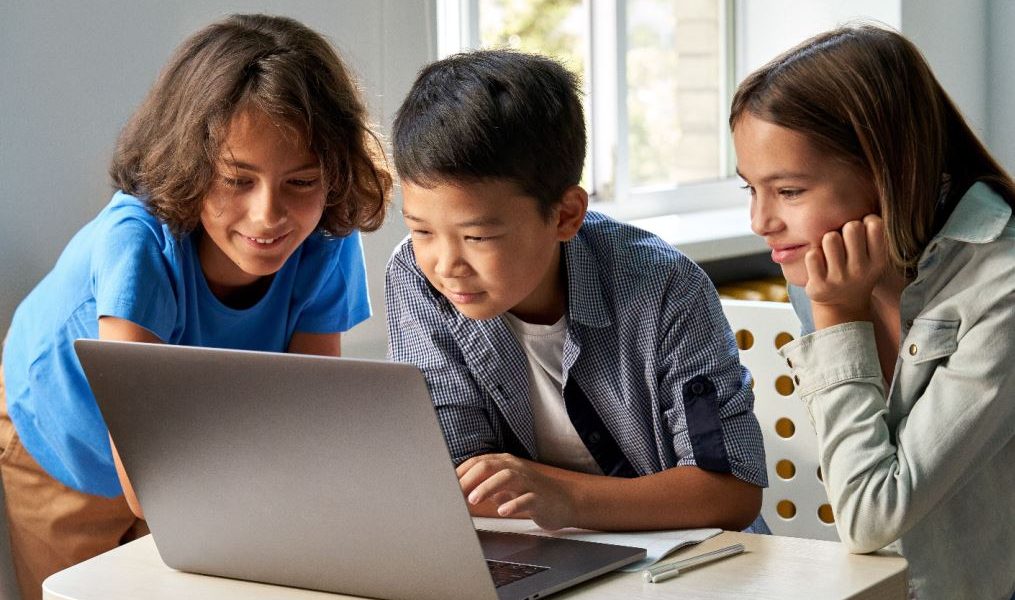By the time your child is 13 years old, there’ll be 72 million pieces of data collected on them online, so it‘s important to protect your kids from a very early age from the companies, hackers, online predators, foreign countries and paedophiles who will prey on them.
Australia’s eSafety Commission, which was set up to protect people from online harm in 2015, has stated paedophiles and criminals are reaching children more and more these days via technology – especially by piecing together online data on kids and also through video game chat rooms. Parents and friends who overshare photos of their children online may provide predators with sufficient information to know where the children live, what they eat and drink, where they exercise, their hobbies and their purchasing power. By the time they’re a teenager, there’ll be information about their political views and their sexual preferences, the article added.
Australian parents say they don’t know how to protect their children
Data obtained by News Corp Australia from Norton LifeLock shows that Australian parents aren’t sure what they should be doing to protect their children online. The Herald Sun reported that:
- One in five parents still don’t feel informed on how to protect their child from inappropriate content online.
- One in four parents don’t know how to safeguard themselves from financial loss as a result of their child’s actions online.
- One in four parents don’t know how to avoid malware and viruses.
- One in three parents don’t know how to protect their family from hackers who can access their private data or cameras on devices including TVs, laptops or smart speakers.
For some relevant tips on what to share and what not to share on social media, take a look at this video below featuring Joanna Stern, Personal Tech Columnist from The Wall Street Journal:
Norton LifeLock Senior Director Melissa Dempsey told News Corp that parents must ensure that they – as well as their children – have strong security software and passwords on all of their devices.
Ms Dempsey added that parents should make sure they have a VPN on their phone when they go out and use open Wi-Fi. She said a VPN will encrypt all of their data so they can look at it but other people won’t be able to eavesdrop on them.
“A strong password can help by limiting how much information someone has access to if they fall victim to a scam,” Ms Dempsey said, adding parents should be aware of scams that can come in the form of text messages.
“Parents can be caught off guard. There’s so much online now and we have to adapt all the time,” she added.
Don’t use social media as your ‘family photo album’
In the same article in the Herald Sun, Family Digital Literacy Specialist Dr Joanne Orlando told News Corp that parents need to stop using social media sites as their “family photo album”.
“Parents are proud of their kids, but even the first day at school photo gives away a lot of information that paedophiles can use,” she said. “They need to be more selective with photos, and not use Facebook and other public spaces to share them. While you may have privacy settings on, it does not protect you 100 per cent.”
Here are some tips to keep your kids safe online:
- Avoid sharing photos and videos of your kids that show personal details such as full names, contact information or school uniforms.
- Don’t add comments to photos that show the location. For example, street addresses, school location or your home.
- Only share with people you know and trust rather than all of your friends on social media. You can use social media privacy settings.
- Be aware that if a friend likes your photo, it can then be visible to their friends.
- Be aware that many photos show information about the geo-location – for example, time, date and GPS coordinates.
- Check the settings on your device to see which apps are using geo-location.
For information from ACES on how mobile phone use can increase brain cancer risk, visit here.


